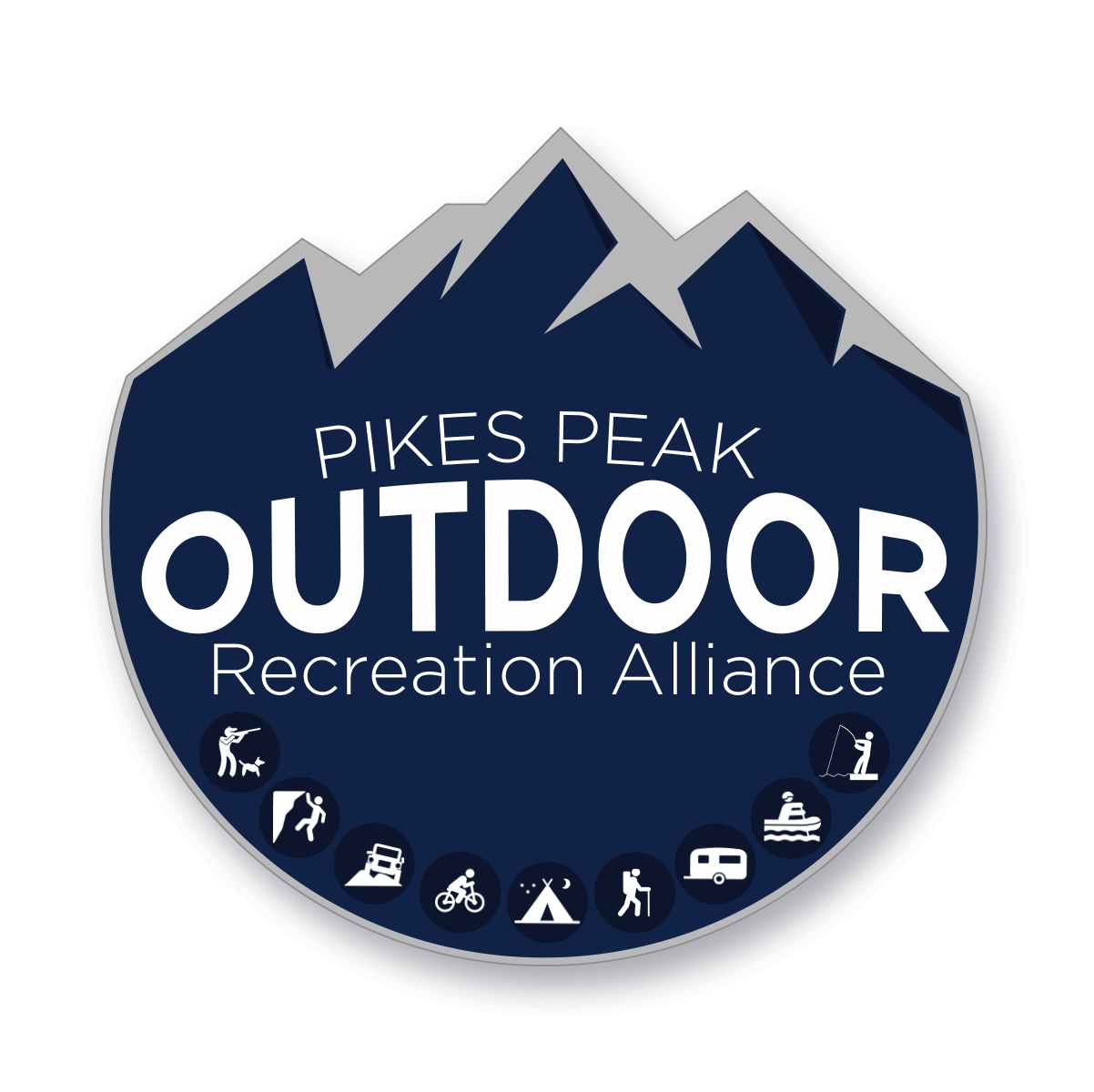While the order, signed at Confluence Park in Denver, continues several efforts that have been underway, the economic-impact study shines new light on a sector that has been an intense focus of growth, both for Hickenlooper and for private-sector leaders. Just since the last such report was released in 2014, Hickenlooper opened just the second outdoor-recreation-industry office of any state government, helped to attract the Outdoor Recreation Show to Denver after decades in Utah and recently celebrated the offering of the state’s first outdoor-sector-geared MBA at Western Colorado University in Gunnison.
In that time, the outdoor-recreation sector grew from having a $28 billion impact to its current $62.5 billion mark, making it “one of the top economic drivers of our economy,” Hickenlooper said. Employment in the sector has jumped 83 percent, from 299,000 to 511,000, comprising 19 percent of the labor force in Colorado.
“Outdoor recreation truly is in our DNA,” said Benitez while flanked by leaders from the federal and state governments, nonprofits and companies such as outdoor apparel giant VF Corporation (NYSE: VFC), which recently announced its headquarters move to Denver. “Colorado is leading the way, both in this initiative and in its passion … Without political will and support, none of these things truly would come to light.”
The executive order does not tie the hands of Hickenlooper’s successor, whether it be Democratic congressman Jared Polis or Republican state treasurer Walker Stapleton, but formalizes some initiatives that have been underway for several years. It lays out the goals and methodologies of the Colorado the Beautiful program, delineates how state agencies work together on such efforts and clarifies an in-place rule that property owners who agree to let hikers and bikers pass through their private land to access public trails can not be sued by those travelers.
Hickenlooper said after the event that he is not worried that the next governor will reverse course on efforts that largely have had bipartisan support. But he wants to make the transition of the programs easier so that the state can continue on its efforts to build and encourage local trails in a state where research has found that 92 percent of residents recreate outdoors in some form every few weeks.
“For us, outdoor recreation has always been a priority,” he said. “It is all part of an ethic, a point of view, a state of mind.”

